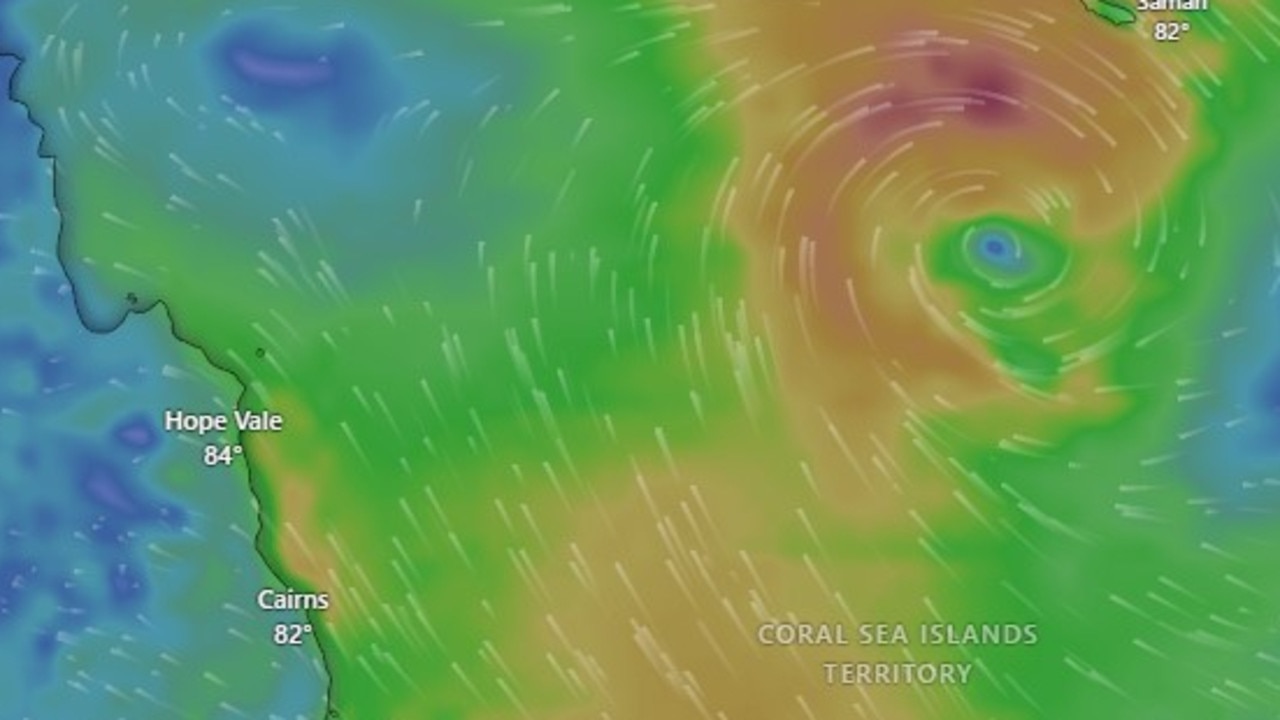‘If the majority says no, it will be disheartening’: FNQ Indigenous youth hoping for Voice success
Aboriginal and Torres Strait Islander youth have spoken about the first change they want to see from a Voice to Parliament, and how they’ll feel if the Voice is defeated on October 14.
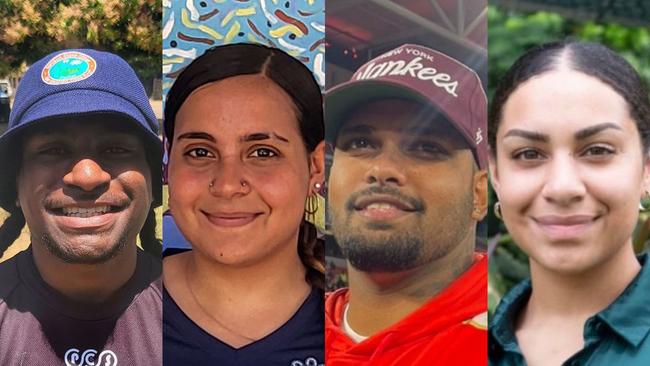
Cairns
Don't miss out on the headlines from Cairns. Followed categories will be added to My News.
Indigenous youth from Far North Queensland want the country to back the Voice to Parliament at the October 14 referendum but are bracing for a “disheartening” outcome.
The referendum will decide whether a proposal for an Indigenous advisory body, that would be consulted by the parliament during drafting of Indigenous legislation, would be embedded in Australia’s constitution.
Twelve successive polls have shown the Voice is unlikely to gain the double majority – a majority of national votes and a majority of votes in a majority of Australia’s six states – needed for referendum success.
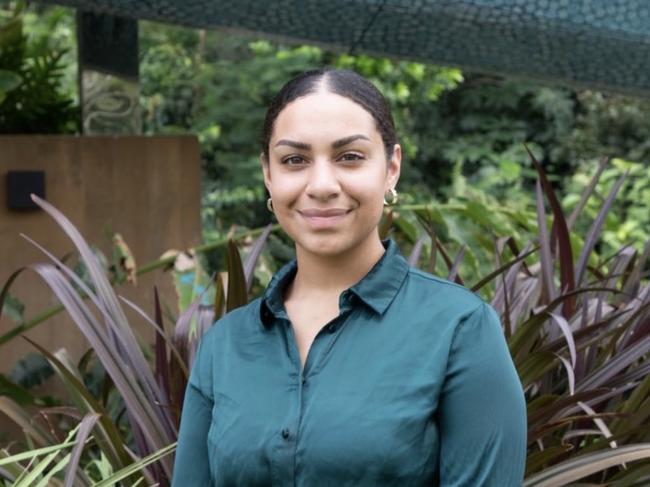
Much of the recent debate surrounding the Voice has focused on hypothetical consequences over the merits of the proposal.
Rikisha Phineasa, a 20-year-old law student at JCU whose family is from the Torres Strait Islands, said it was important all voters cut through the noise to ensure debate was had in good faith.
“It’s important people educate themselves before they vote, whether it’s a yes or a no,” Ms Phineasa said.
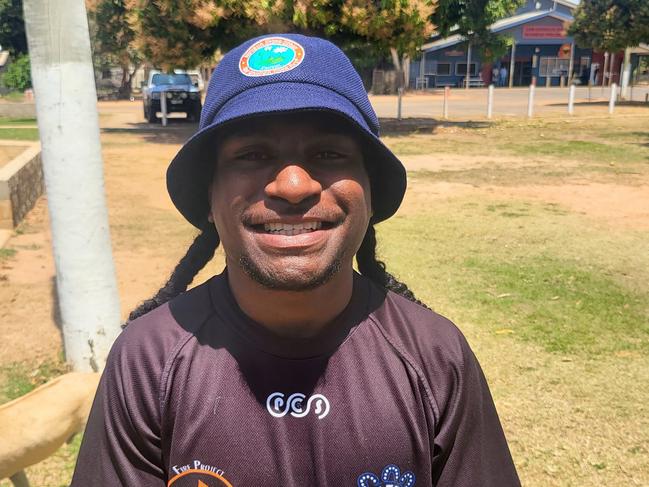
“The Voice will give regional and remote Indigenous people the chance to filter up policy recommendations to parliament.
“It’s really important for people who don’t have political access … when you’re living in those remote communities you see the impact of policy failures every day.”
Ms Phineasa is confident the Voice would result in good outcomes for Australians.
“I’m really concerned about the over-representation of Indigenous youth in incarceration. There are a lot of socio-economic factors that contribute to offending. If the Voice advises on housing, health and education then overall kids are going to be less likely to offend. There’s a lot of legal theory to that.
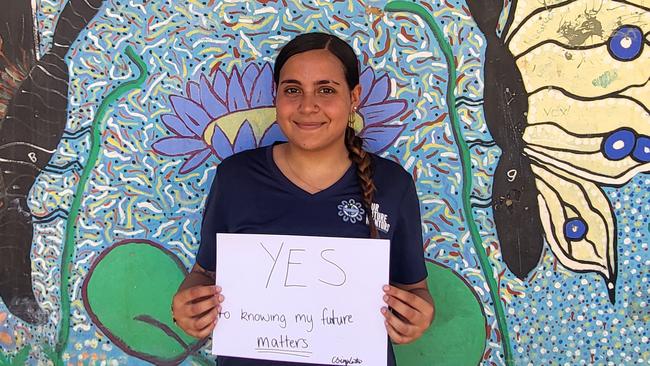
“Indigenous people will be able to advise on policy and programs that will help connect kids to culture and keep them grounded.”
Chanel Singleton, 19, and Isaiah Pilot, 18, both Indigenous youth workers at Aurukun’s school, said the Voice would result in more employment opportunities for adults in discrete Indigenous communities, where it’s common for unemployment rates to be above 50 per cent.
“People in these communities don’t have a say in what they need, and only people in these communities know what needs to be changed,” Ms Singleton said.
Mr Pilot said he would be angry if the Voice failed to gain majority support.
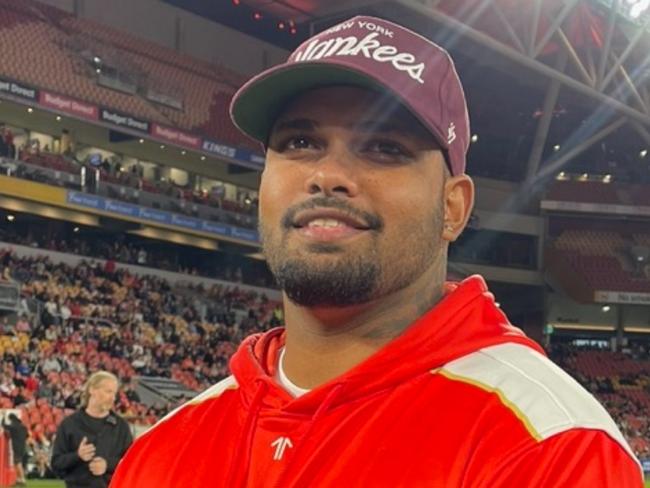
“Our mob really wants a chance to have a say, and not listening would be challenging to making change,” he said.
Quinlyn Cannon, a 25-year-old from Hopevale who now works for Deadly Choices in Brisbane, said the Voice failing would be a disheartening missed opportunity.
“I come from community and you see a lot there that needs to be changed,” Mr Cannon said.
“In Brisbane, kids have access to many opportunities to learn about health and living a healthy life. In communities they don’t get to see any of that kind of stuff.
“If (the Voice) fails, no-one will see change. Everything will just stay the same.”
More Coverage
Originally published as ‘If the majority says no, it will be disheartening’: FNQ Indigenous youth hoping for Voice success



